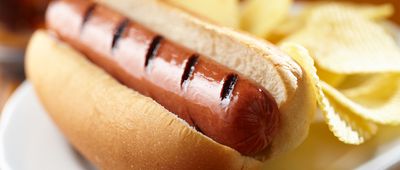Do Not Drain!
You might pour certain substances down the drain out of convenience or habit — think draining your pasta or rinsing batter off your hands as you're making fried chicken. But just because these practices are common doesn't mean you should do them. Even if you have a garbage disposal, there are lots of drain no-nos to keep in mind.
Here are 10 things you should never pour down your kitchen sink, especially if you want to avoid plumbing problems.




















